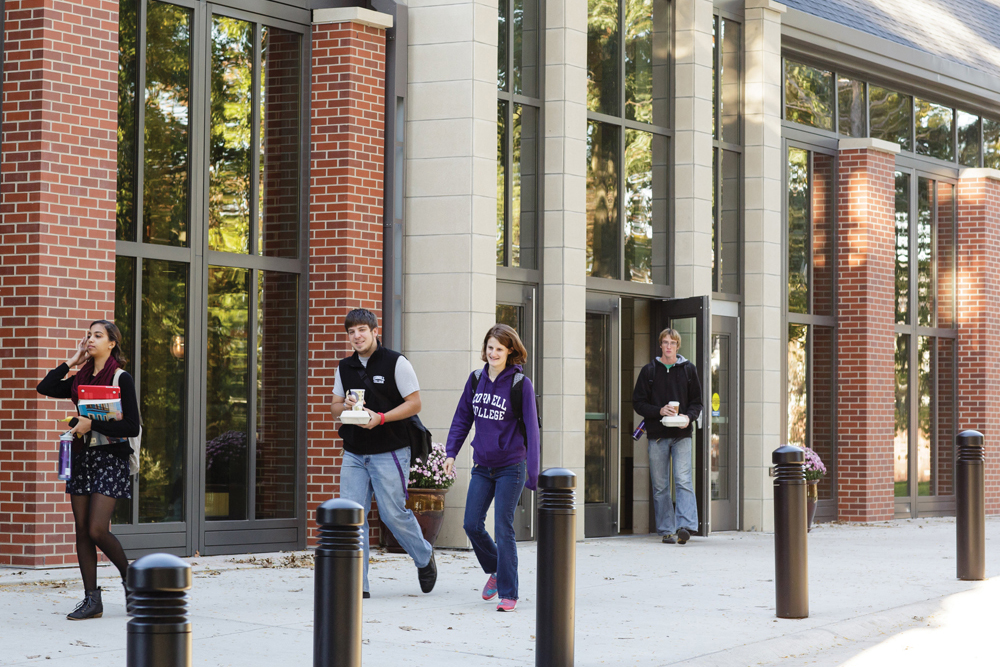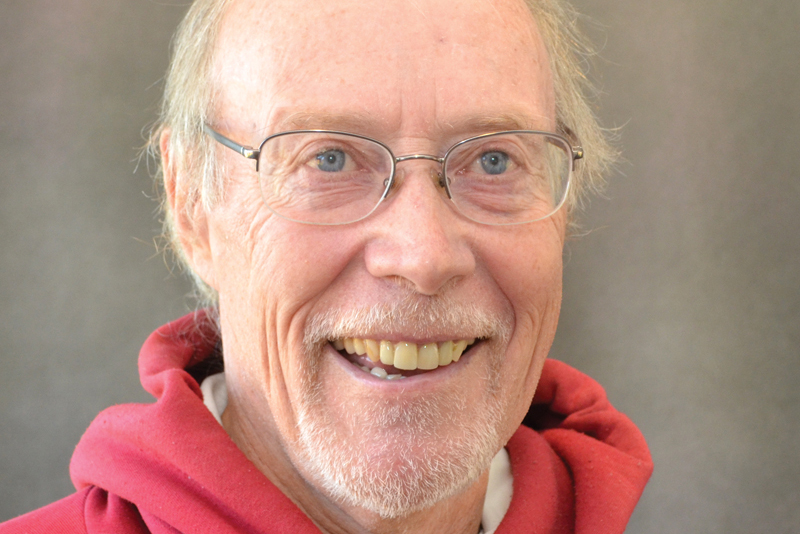Alumni shaping their role in the future
Fellow Cornellians,
The introduction to Cornell’s strategic plan explains why comprehensive growth is essential to Cornell’s continued viability:
“At the end of the day … the risk of doing nothing is far greater than the risk of growth. Our alumni and friends must help us to mitigate [known risks] by supporting Cornell at greater levels than ever before during our period of growth. Doing so will ensure that Cornell and Cornellians thrive well into and beyond the 21st century.”
The strategic plan sends a strong signal to more than 15,000 Cornellians worldwide: they are an integral piece of the college’s future.
This past summer, eight alumni came together to discuss what it will take to increase alumni support of Cornell.
The results of our July alumni survey were clear. The best ways Cornell can develop programs to serve alumni are through reunions with other Cornellians and with educational programming—such as lectures and seminars—in cities where they live. Alumni want to help recruit new students and serve as career mentors. And a lifelong Cornell experience will be enriched with varied opportunities to interact with professors, class agents, and other alumni.
Most importantly, Cornellians are poised and ready to face the challenges of strengthening the alumni community to support the college’s goals, and connecting all generations of Cornell alumni.
Cornell has already taken steps to support greater alumni participation in the life of the college by combining its alumni engagement and annual giving goals into a single department.
We combined the survey responses with our assessment of the college’s alumni and annual giving programs and developed recommendations in categories related to off-campus events, Homecoming and reunions, giving, communications, technology, volunteer programs, and student and young alumni programs. Recommendations include:
- Develop ways for Cornellians in cities across the world to connect to each other, continue learning through Cornell, recruit new students, mentor current students, and support alumni personally and professionally after graduation.
- Strengthen Cornellians’ connections to the Hilltop, especially through Homecoming and reunions, by developing programs that attract greater numbers of alumni back to campus and compel more alumni to give.
- Empower alumni to lead the community to greater levels of involvement by increasing the number, importance, and support of volunteers, and by creating ways for alumni to easily become ambassadors for Cornell and highlight the college through technology and social media.
Alumni leaders will strengthen the alumni community and forge a stronger Cornell. Over the next few months, we will recommend that Cornell’s alumni engagement, annual giving staff, and the Alumni Board of Directors pursue a comprehensive system that supports an increase in alumni involvement and aligns alumni efforts with the goals of Cornell’s strategic plan.
We hope these recommendations channel the passion of more than 15,000 Cornellians toward an even better Cornell.
Sincerely,
Alumni Task Force
Lynn Ross Cope ’87, Chair Becky Brown ’75 Shawn Henning ’96 Paul Hutchison ’87
Deb Stewart Bowman ’74 Colin DeVaughan ’94 Fred Holtz ’86 Diego Verdugo ’12


